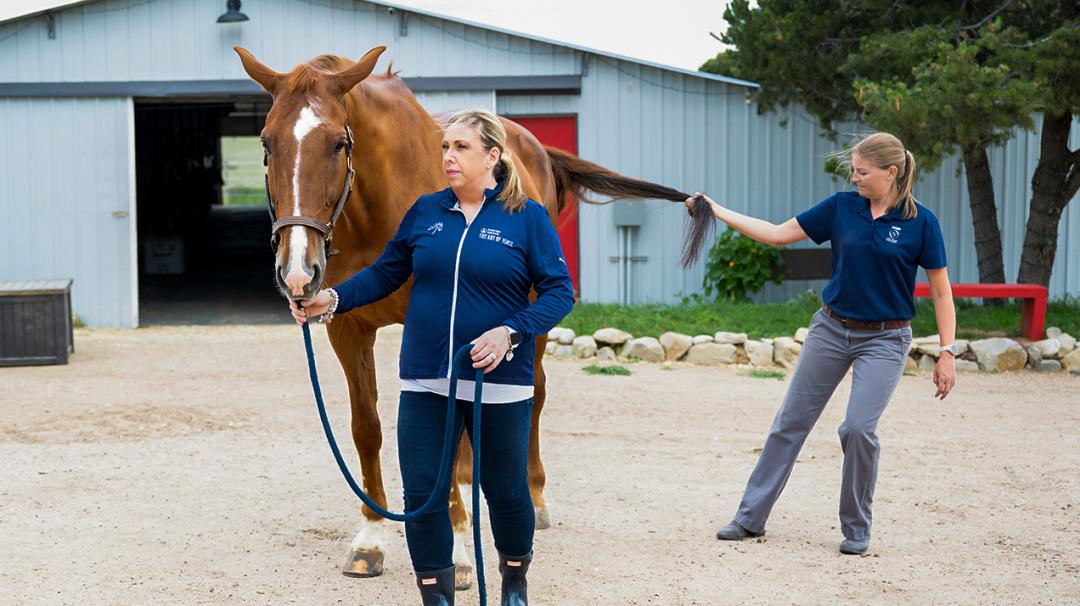Recognizing Neurological Problems in Horses
Neurological issues in horses can significantly impact their health, performance, and quality of life. Early recognition and diagnosis are crucial for effective management and treatment. This article explores the common neurological problems in horses, their signs, diagnostic methods, and treatment options.
Common Neurological Problems in Horses
| Neurological Condition | Description | Common Signs |
|---|---|---|
| Equine Protozoal Myeloencephalitis (EPM) | A parasitic infection affecting the central nervous system, caused by Sarcocystis neurona or Neospora hughesi. | Ataxia, muscle weakness, asymmetry in gait |
| Cervical Vertebral Stenotic Myelopathy (Wobbler Syndrome) | Compression of the spinal cord in the neck region leading to coordination problems. | Wobbly gait, stumbling, hind limb weakness |
| Equine Herpesvirus Myeloencephalopathy (EHM) | A viral infection causing inflammation of the spinal cord and brain. | Fever, hind limb weakness, urinary incontinence |
| Rabies | A fatal viral disease affecting the nervous system. | Behavioral changes, paralysis, hypersensitivity |
Recognizing Signs of Neurological Problems
Neurological problems often manifest through subtle or overt signs. Horse owners and veterinarians should watch for:
- Ataxia: Uncoordinated movements or staggering.
- Muscle Weakness: Difficulty in movement or reluctance to move.
- Behavioral Changes: Unusual aggression, depression, or anxiety.
- Head Tilt or Circling: Indications of vestibular dysfunction.
- Loss of Tail or Anal Tone: Suggests spinal cord involvement.
Diagnostic Approaches
Diagnosing neurological problems involves a combination of clinical examination and advanced diagnostics:
- Neurological Examination: Assessing gait, reflexes, and proprioception.
- Imaging: Radiographs, MRI, or CT scans to identify structural abnormalities.
- Laboratory Tests: Cerebrospinal fluid analysis and blood tests to detect infections or inflammation.
Treatment and Management
Treatment depends on the underlying cause:
- Medications: Antiparasitics for EPM, antivirals for EHM, anti-inflammatory drugs.
- Surgery: In cases like Wobbler Syndrome to relieve spinal cord compression.
- Supportive Care: Physical therapy, controlled exercise, and environmental modifications.
Frequently Asked Questions (FAQ)
Q1: Can neurological problems in horses be prevented?
A1: While not all neurological diseases are preventable, good management practices, vaccination, and parasite control can reduce risks.
Q2: How quickly should I seek veterinary help if I suspect a neurological issue?
A2: Immediate veterinary consultation is recommended as early diagnosis improves treatment outcomes.
Q3: Are neurological problems in horses always fatal?
A3: Not always; prognosis varies depending on the condition and how early it is treated.
Recognizing neurological problems early can make a significant difference in a horse’s recovery and quality of life. Stay vigilant and consult your veterinarian if you notice any unusual signs.
